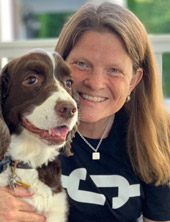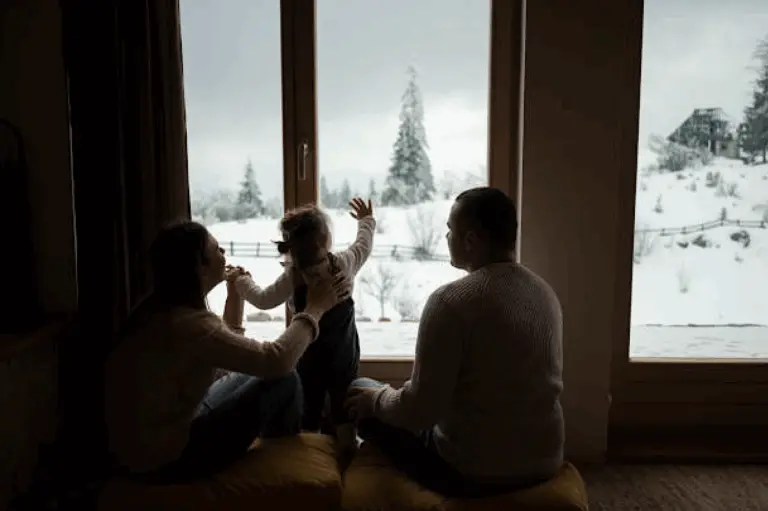


By: Connie Blunden
This week I begin a six part series exploring the principles of nonviolence as understood and explained by the Rev. Dr. Martin Luther King, Jr. The principles provide wisdom and guidance for conflict reconciliation and offer us a path towards building the Beloved Community.
The six principles are:
Principle One: Nonviolence is a way of life for courageous people.
Principle Two: The Beloved Community is the framework for the future.
Principle Three: Attack forces of evil, not persons doing evil.
Principle Four: Accept suffering, without retaliation, for the sake of the cause and to achieve the goal.
Principle Five: Avoid internal violence of the spirit as well as external physical violence.
Principle Six: The Universe is on the side of justice.
This week we begin by looking closely at Principle One. We lead with this principle because it centers around a lifelong commitment and a way of being. This principle establishes that nonviolence is active and ongoing. If we wish to live into this principle it requires discipline over time. This principle urges us to practice nonviolence on a daily basis. Furthermore, it encourages us to be courageous in our practice. Many people mistakenly associate nonviolence with indifference or weakness. In truth, nonviolence requires great strength. Professor and author Brené Brown explains the word courage in this way: “Courage is a heart word. The root of the word courage is cor – the Latin word for heart. In one of its earliest forms, the word courage meant “To speak one’s mind by telling all one’s heart.” Over time, this definition has changed, and today, we typically associate courage with heroic and brave deeds. But in my opinion, this definition fails to recognize the inner strength and level of commitment required for us to actually speak honestly and openly about who we are and about our experiences — good and bad. Speaking from our hearts is what I think of as “ordinary courage.” As Brown alludes to, we fear being vulnerable but when we allow ourselves to speak from our heart we can be at peace with ourselves and actually experience greater courage.
To delve deeper into this principle I have invited Greenwich native and certified nonviolence practitioner, Emily Fiorentino, to join me in a conversation.
CB: This principle has two parts. The first part establishes nonviolence as “a way of a life.” How does this principle help you think about nonviolence in broad strokes?
EF: Nonviolence is something that requires practice, failure, work, progress, and more practice on a daily basis in order for its values to manifest in every part of your life. This challenges the notion that nonviolence as something only practiced in the midst of altercation. Dr. King defines conflict as something that is an inevitable part of life that can, at any moment, bubble up and lead to serious contention. Why are we only taught to deal with conflict when it has become an overt crisis, and not before? Nonviolence utilizes preventative measures; when practiced daily it can help us manage conflict as it arises, and before it has become something dire. This was a radical idea in itself when I first heard it.
CB: The second part of this principles names courage as essential. What connection do you see between this type of courage and strength?
EF: A crucial revelation for me was that a nonviolent response is stronger than a violent one. It is more difficult, and more courageous, to refrain from retaliation in the face of danger. Sitting at segregated lunch counters, marching across the Edmund Pettus Bridge, and participating in the Freedom Rides were forceful and powerful responses to violent conditions.
CB: How did your exposure to the practice of nonviolence impact your view of courage and conflict?
EF: When I began practicing nonviolence, it was essential for me to shift my conceptions of strength, power, and courage, as well as my understanding of conflict reconciliation. I had to learn to see this as a continuous process. The first principle nonviolence embodies this changed mindset.
CB: What is something that you learned that you had not expected?
EF: I have found that a near constant awareness and practice of nonviolence on minor issues means that I am better prepared to handle more overt conflict when it arises. I hadn’t foreseen this benefit, but by continuing to keep nonviolence in the forefront of my daily interactions, my mind has been kept in shape to tackle more intense situations. This has been a powerful revelation for me as I continue to practice this principle.




